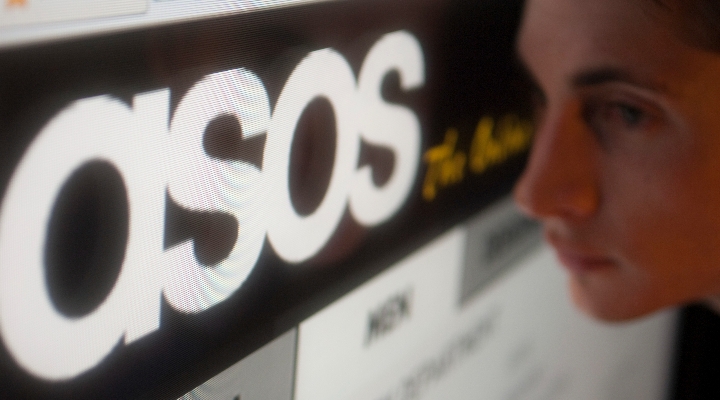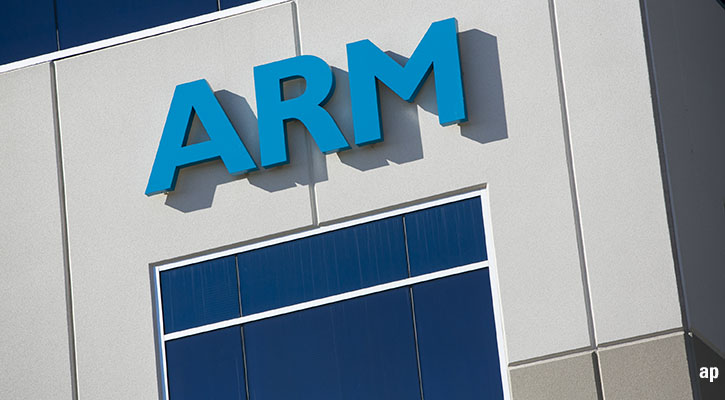
Last week we wrote about how profit warnings can trigger short-term falls in share prices. These can see the value of the company drop significantly on one day, such as S4 Capital (SFOR), the ad agency set up by WPP founder Sir Martin Sorrell. The shares fell nearly 25% on the day it the company published its results, a nerve-shredding experience for investors (and founders with large stakes).
But these sorts of extreme moves can be profitable for one set of market participants, the short sellers, even as wider UK markets tread water this year. Let’s take another look at the current most shorted stocks in the FTSE. A lot can change in three months but equally the same names tend to crop up again and again.
As discussed in our profit warning article, bad news tends to cling to particular companies. So it is with Asos (ASC), the online fashion retailer, whose shares are off 27% in the year to date. It’s just put out a trading update saying second-half results are likely to be at the lower end of forecasts. According to the FCA’s daily short positions register, eight new short positions have been opened up on Asos in September alone, taking the total number of shorted shares to 7.47%, compared with 5.63% in June, the last time we looked at shorted stocks.
Rival Boohoo (BOO), which is also no stranger to the short sellers, also makes it into the top 10 most shorted list – but the percentage of shares shorted is roughly similar to three months ago, at just below 5%.
Asos and Boohoo are part of a larger group of retailers being shorted by professional investors which includes Currys, Sainsburys, Moonpig, Naked Wines, Pets at Home, THG, and Halfords. Retailers are easy to shun because of inflationary pressures on the consumer, the risk of recession and the fading of the pandemic ecommerce boom (and drawdown of savings buily up during the lockdown years).
The September 25 snapshot of most shorted stocks reveals some familiar names but also some new entrants into the top 10. Asset manager abrdn (ABDN) is one of these, moving into the number five slot with 4.11% of shares shorted. In the latest FTSE 100 reshuffle the company was ejected, not for the first time, and the company’s shares are off 18% so far this year.
In the same industry, Hargreaves Lansdown (HL.) makes an entrance in the top 10. Shares are off around 6% this year, but the investment platform has just announced a 50% rise in profits and 26% rise in revenue for the full year to the end of June.
Other anomalies in the top 10 include Ocado (OCDO), which has featured in the list of shorted companies since its early 2021 peak, but has undergone a modest recovery this year. There was even shortlived talk of Amazon buying Ocado, but that market rumour evaporated very quickly. Ocado is one of four stocks in this list rated by Morningstar analysts. According to Ioannis Pontikis, the company is significantly undervalued, with a fair value of £15.50, above the current price of £6.80.
Ocado is only one of two stocks on the most shorted list to see positive price returns this year, the other being aerospace-focused company Melrose Industries (MRO).
It’s unusual to see a company on the most shorted list whose shares are up 64% in the year to date. And like Hargreaves, Melrose's recent newsflow has been positive. In early September, the company announced management changes and hiked its profit forecasts for the full year – as well as announcing a rise in revenues and profits for the most recent six months.
How Does it Work?
Short selling can be a highly profitable way to exploit the falling share price of companies in distress. It involves selling shares you don’t own to make a profit from the fall in the price.
To do this, you borrow them from specialist firms like brokers, sell them at the current market price with the hope of buying them back at a cheaper price later. This active trading strategy is usually only undertaken by professional investors, but often provides an early warning sign of problems ahead that can be picked up on by all.
Firms that have attracted short sellers in the past include Thomas Cook and Carillion in the UK, and the scandal-hit Wirecard in Germany. Shorting tends to attract other shorters, however, and some argue it only hastens the demise of a company. Sometimes a company on a shorting list may have terminal problems; other times it’s just a temporary loss of confidence prior to a turnaround, or a buyout, which takes the company off the market.
To an outsider, short sellers may seem like shadowy figures in the investment industry. But alongside specialist trading firms and hedge funds, some of the biggest asset managers are involved in shorting, including BlackRock, Jupiter and JP Morgan.
Often short positions can be taken out to cover "long" positions as part of everyday risk management, where fund managers are managing their significant stakes in companies. Other familiar names on the FCA’s list include Marshall Wace, Citadel Advisors, and GLG Partners. Before scandal hit Odey Asset Management’s eponymous founder, the company was well represented on this list of shorters – but many of the positions have been unwound as the company prepares to sell funds to other providers. For more on that story, read Odey Fund Outflows Surpass Half a Billion.
In 2021, the regulator changed the rules for declaring short positions, effectively lowering the bar for transparency. But there is talk that short positions will no longer be available in the public domain, while the practice itself will continue. A "call for evidence" as part of the official government consultation has just concluded and more information can be found here.




























